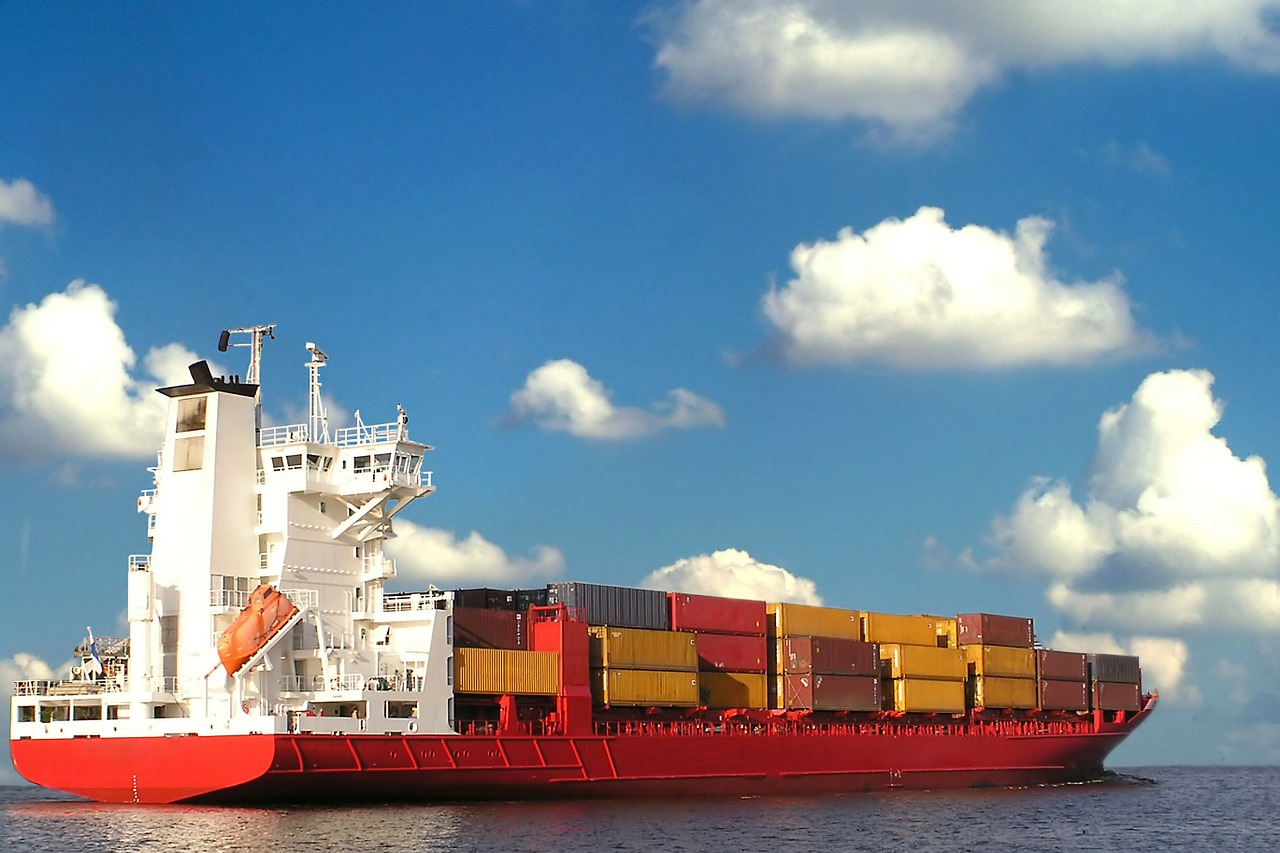International Trade Theory & Policy

Learning Outcomes
Upon successful completion of the course, students will have proven knowledge and understanding of issues related to:
- The theory of international trade
- The impact of international trade on prosperity and income
- The international movements of factors of production, and especially of labour and immigration
- Tariff and non-tariff barriers to trade
- The impact of globalization and international trade in goods on national economies
This knowledge is supported by advanced scientific textbooks and includes views arising from modern cutting-edge developments such as non-tariff measures (NTMs), trade agreements and trade zones.
Students should also be able:
- to use the above knowledge to approach issues of international trade and exploit either incentives or barriers to trade in the private and public sectors.
- to gather and interpret international trade data from the World Trade Organization, European and National Databases, and especially from the Eurostat and the relevant United Nations agencies and divisions, and use this data to shape judgments that include reflection on the development of international trade and the widening and depth of trade
- to communicate information, ideas, problems and solutions to trade in goods, capital movements through multinational companies and foreign direct investment to specialized audiences but also to express the complex concepts of international trade and commercial economic policy to the general public
- to develop skills needed to continue in further studies with a high degree of autonomy
Course Contents
International trade – Introduction: International trade in economic science, international trade and international economics, the international trade of Greece and of European Union.
Theory of International Trade: The Ricardian model, labor productivity and comparative advantage. The Heckscher – Ohlin model: resources and international trade. The Neoclassical Model Template of International Trade: Terms of Trade and Welfare – Export and Import Oriented Growth – International Transfers of Income – Effect of Tariffs and Export Subsidies on Trade Terms – The Stopler – Samuelson Theorem – Rybczynski Theorem – Offer Curves. The pattern of intra-industry trade. Economies of scale, incomplete competition, product diversification and international trade. International movement of factors of production.
International Trade Policy: Trade Policies, analytical framework of partial and general equilibrium – “small” and “big” country – measuring the benefits and losses of commercial policy. Method of application and cost / benefit of the main trade policies: tariffs – export subsidies – quotas – voluntary export restrictions – other trade policy instruments. The political economy of trade policy: arguments for and against international trade – international negotiations – preferential trade agreements – free trade areas.
Teaching Activities
Lectures (3 hours per week) and Tutorials (1 hour per week)
Teaching Organization
|
Activity |
Semester workload |
| Lectures |
39 hours (3×13) |
| Tutorials |
13 hours (1×13) |
| Individual study |
98 hours |
| Total number of hours for the Course (25 hours of work-load per ECTS credit) |
150 hours (total student work-load) |
Assessment
Written final exam that may include multiple choice questions, short answer questions, solving exercises, financial interpretation of results. The final grade of the course results from the performance in the final exam. In case the students prepare a paper, then the final grade results cumulatively from the performance in the final exam and the written paper.
Use of ICT
Use of e-class for storing education material and communicating with students.


